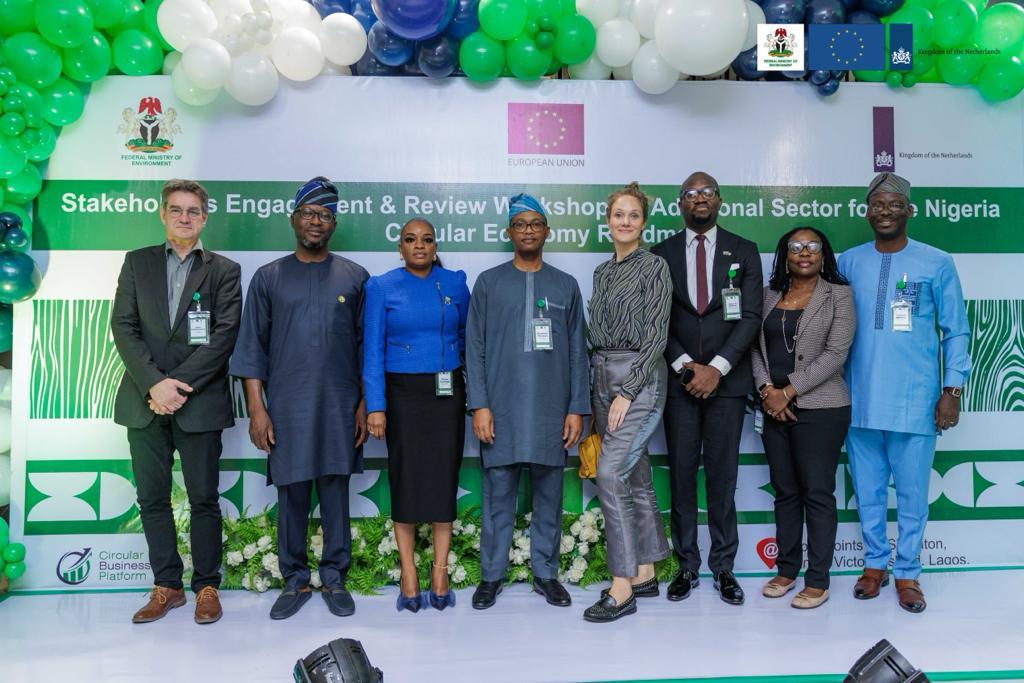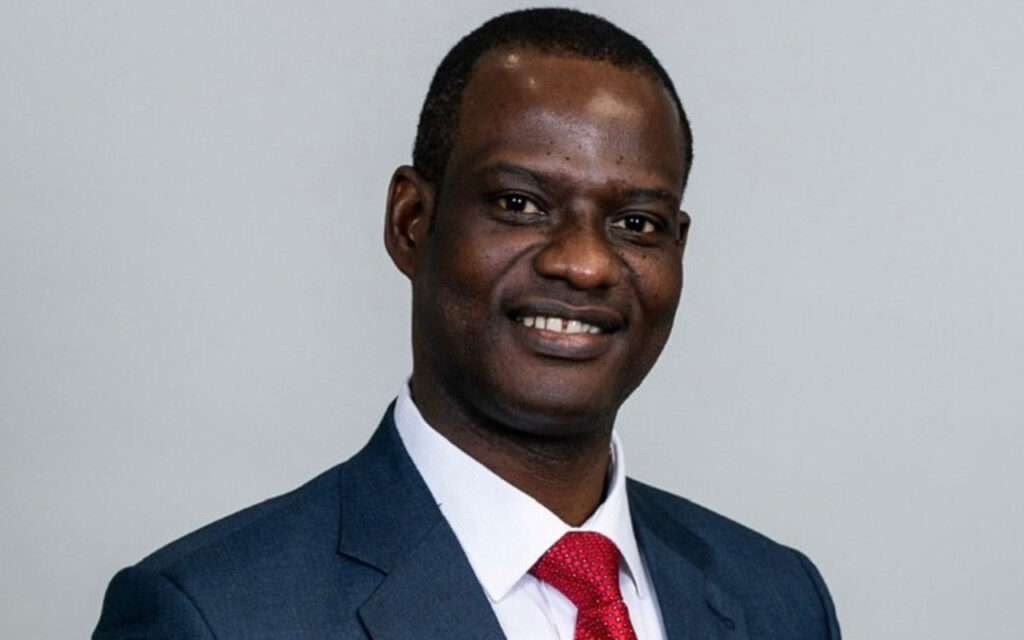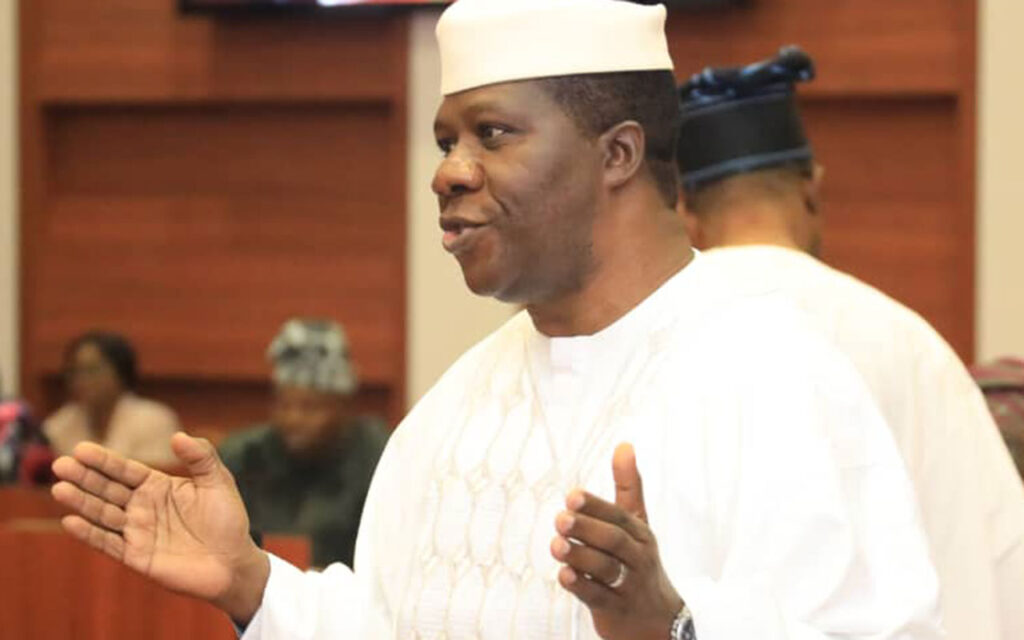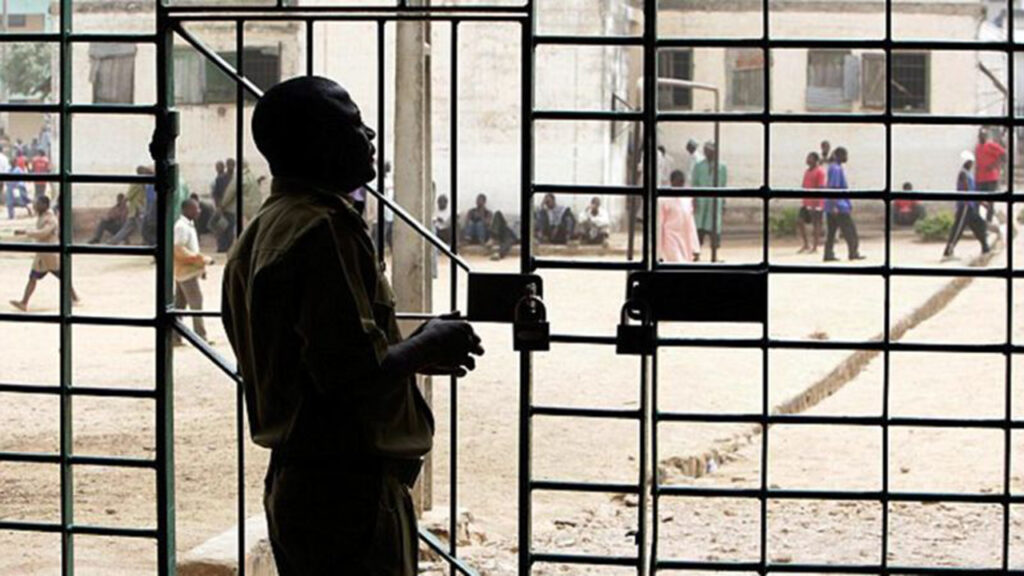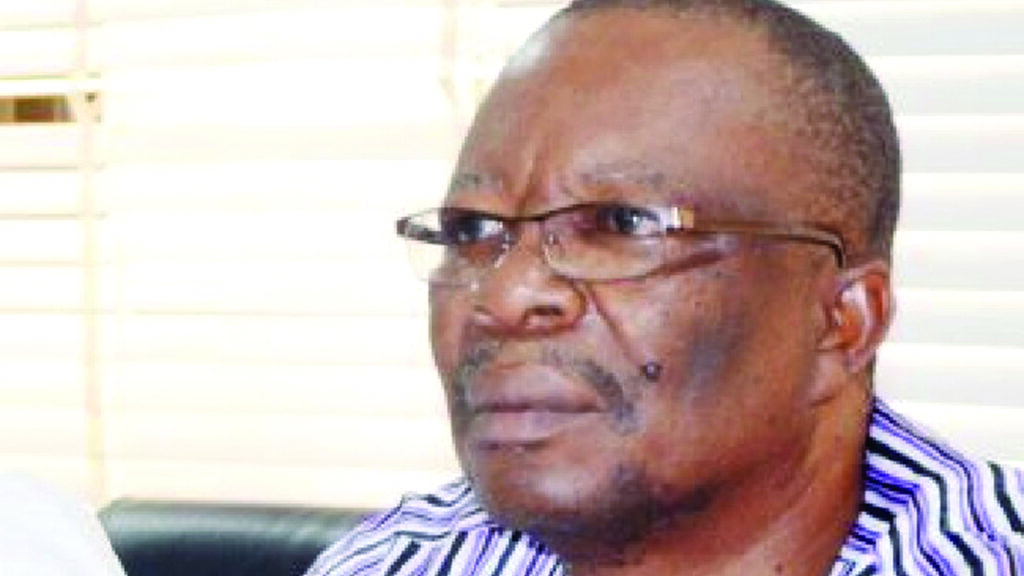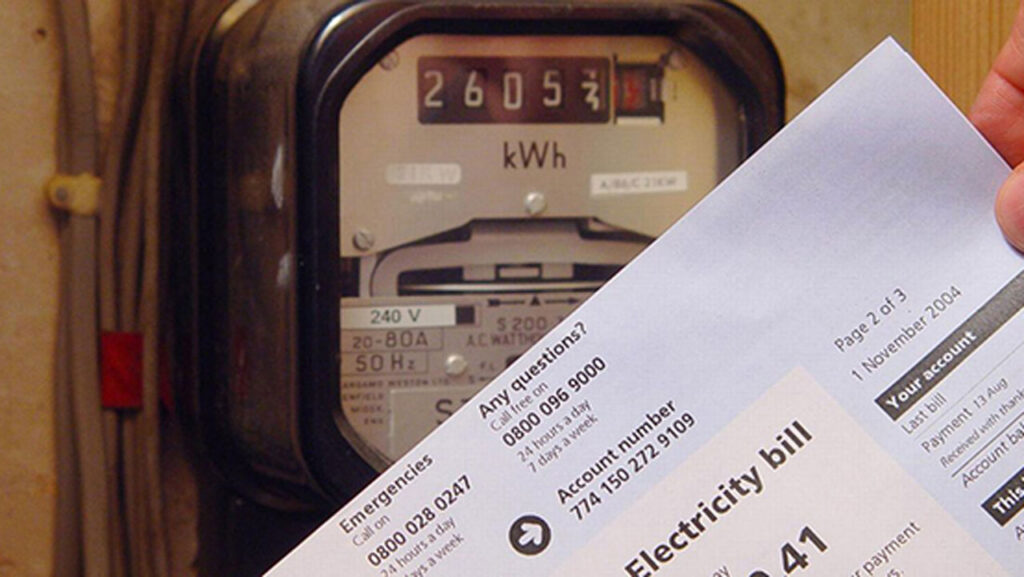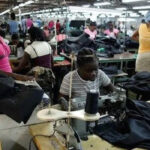
This was stated at a Stakeholders Engagement and Review Workshop, yesterday in Lagos, on Additional Sector for the Nigerian Circular Economy Roadmap, organised by the Federal Ministry of Environment, in partnership with the European Union and the Kingdom of the Netherlands.
Director of Pollution Control and Environmental Health, Federal Ministry of Environment, Olubunmi Olusanya, said Nigeria was making efforts to move away from a consumption production method to a circular production method, where waste is minimised or eliminated.
“Currently, our consumption and production method is based on linear economy, where we take resources to manufacture products, which are used and discarded. This process leads to the generation of a lot of waste in the environment; so the world is moving to the circular economy, which is a method of production and consumption that reuses, reduces and recirculates products for a long period before they become waste and the waste also becomes recycled,” he added.
He stated that for Nigeria to transit successfully from a linear to circular economy, it was expedient to develop the roadmap that would assess the country’s practices of waste management, available gaps and how to manage the next level.
According to him, the roadmap was done for three sectors: waste, agricultural food system and energy sector, but stakeholders have requested the addition of mining, industrial, water and construction sector.
He said that the objective was to implement the roadmap to have a positive impact on Nigeria’s economy, adding that the government had a role to play in appropriate policies, same with private sector and the general public.
“We plan to launch the roadmap on March 30, so it becomes a public document,” he added.
Managing Director, Lagos Waste Management Authority, Muyiwa Gbadegaesin, said Lagos generates 13,000 tonnes of waste daily, much of which has been discovered to be a resource that shouldn’t be thrown away.
He noted that the state is building a framework that could be used to develop circular economy and to create opportunities for people within the space, while harping on the importance of a collaborative approach to enable Nigeria to achieve more rapid success.
“We want to change waste management from waste collection, transport and disposal to a situation where we reduce, reuse and recycle our waste,” he said.
Deputy Consul General, Kingdom of the Netherlands, Leonie van der Stijl, said with the way waste is being handled, the world as taking loans on its future, which it could not pay off. She said that circular economy was a topic that would not stick to borders as it concerned multiple countries.

